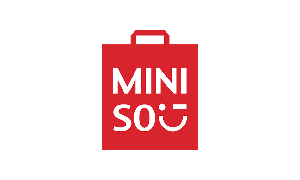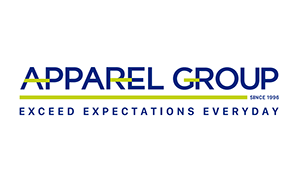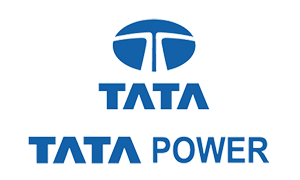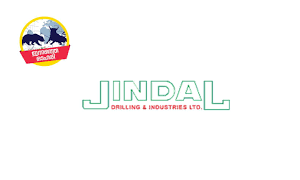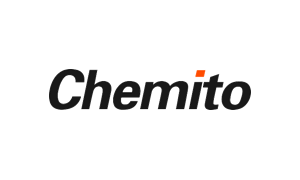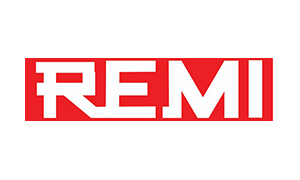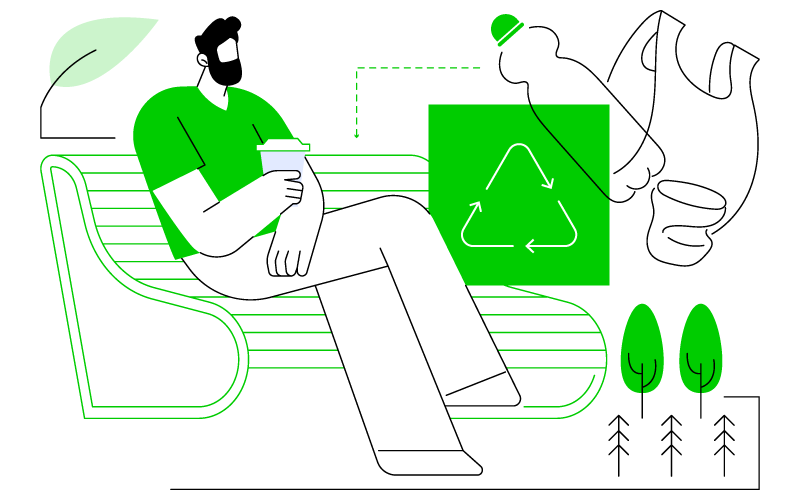The Plastic Waste Management Rules, 2016, mandate the generators of plastic waste to take steps to minimize generation of plastic waste, not to litter the plastic waste, ensure segregated storage of waste at source and hand over segregated waste in accordance with rules. The Plastic Waste Management Rules, 2016 cast Extended Producer Responsibility on Producer, Importer, and Brand Owner. Extended Producer Responsibility shall be applicable to both pre-consumer and post-consumer plastic packaging waste.
Plastic EPR
Send Enquiry
CATEGORY-I: Rigid Plastic Packaging
Rigid Plastic Packaging involves utilization of plastic materials such as polypropylene (PP), high-density polyethylene (HDPE), and polyethylene (PET) for packaging of new bottles and containers. These materials are durable and lightweight. The products are plastic containers with open tops and separate closures, lids, or covers. Rigid containers include glass and plastic bottles and jars, cans, pottery, wood, boxes, drums, tins, plastic pots and tubes. Rigid materials mean a material or composition of materials which cannot be folded and can support its own weight when rested upon parallel edges of such materials. They are generally “nestable” Food containers and can be recycled.
CATEGORY-II: Flexible Plastic Packaging
Flexible Plastic Packaging of single layered or multilayer (more than one layer with different types of plastic), plastic sheets or like and covers made of plastic sheet, carry bags (including carry bags made of compostable plastics), plastic sachet, Pouches, the film lids found on ready-meals, bread bags, breakfast cereal lining, crisp packets, cellophane, cling film and shrink wrap etc. LDPE (low density polyethylene) is a soft, flexible, lightweight plastic material.
CATEGORY-III: Multi-layered plastic packaging
Multi-layered plastic packaging is defined as any material used or to be used for packaging and having at least one layer of plastic as the main ingredient in combination with one or more layers of material such as paper, paperboard, polymeric material, metalized layers or aluminium foil, either in the form of laminate or co-extruded structure. Multi-layered plastics (MLP) used for packaging by fast-moving consumer goods (FMCG) companies.
CATEGORY-IV: Plastic Sheets
Plastic Sheets or like used for packaging as well as carry bags made of compostable plastic. Compostable plastics are derived from renewable materials like corn, potato, and tapioca starches, cellulose, soy protein, and lactic acid. Compostable plastics are non-toxic and decompose back into carbon dioxide, water, and biomass when composted. compostable plastics are made from polylactic acid (PLA). PLA is made from dextrose, a sugar produced by plants.
EPR Registration - Process
EPR stands for Extended Producer’s Responsibility. EPR Certificate is mandatory for Indian Manufacturer / Importer of products for Plastic waste management. EPR Authorization is given by the Central Pollution Control Board (CPCB) under MoEFCC, Government of India.
We are Global Overseas, A Consulting and Compliance firm specializing in EPR Registration (Extended Producers Responsibility). While having provided 350 + EPR Certificates we have established ourselves as one of the leading service providers in India.
Our team of experts will be in touch with you thoroughly to make sure smooth and hassle free EPR Registration. Right from collection of documents to making the entire plan to submitting it to the department while answering all the queries our team will be hands on it.
Collection of Documents
Below will be the documents required for creating your EPR Plan.
- Copies of PAN, GST, CIN, IEC (for Company)
- Copies of PAN, Aadhaar Card (For Authorized Person)
- Existing Registration Copy (in case of Renewal)
- DIC Copy (If applicable)
- Consent to Operate (Air & water Both) (State Wise)
- Operational State/UT Name
- Process Flow Diagram (Producers Only)
- Covering Letter
- Signature Copy of Company Authorised person
- Thickness of Plastic Sheet & Carry Bags in terms of microns
- Additional Information, if any.
Costing
We request you to kindly get in touch with us for appropriate and fair pricing which we can discuss mutually.
Timeline
It takes round about 30 – 40 Business Working Days to acquire EPR Authorization.
Validity
Registration granted to PIBOs under the Rules shall not require renewal and shall be changed only on the request of PIBOs, as per sixth Amendment to PWM Rules dated April 27, 2023.
Process of Authorization
- Collection of Documents
- Online form filing
- Submission of the form
- Reviewing of the form by the department
- Approval of the form
- Providing information if queries are generated
- Grant of EPR Authorization
- Fulfilling EPR Compliances
Compliance
Once the EPR authorization is granted the certificate holder must make sure to fulfil the following compliances in order to create awareness about Plastic Waste Recycling
- EPR Authorization holder needs to submit the sales record on Annual basis to the CPCB department.
- PIBOs registered on the EPR Portal are required to file their Annual Report
- EPR Authorization holder needs to recycle the plastic waste based on the targets allocated to them by the department.
Post the Grant of EPR Authorization
- Once the EPR Authorization is granted the Certificate holder must make sure that they meet all the necessary compliances along with maintaining all the records.
- The department can conduct random checks and failure to maintain anything can result in penalty or cancellation of Authorization.
Our Partners
